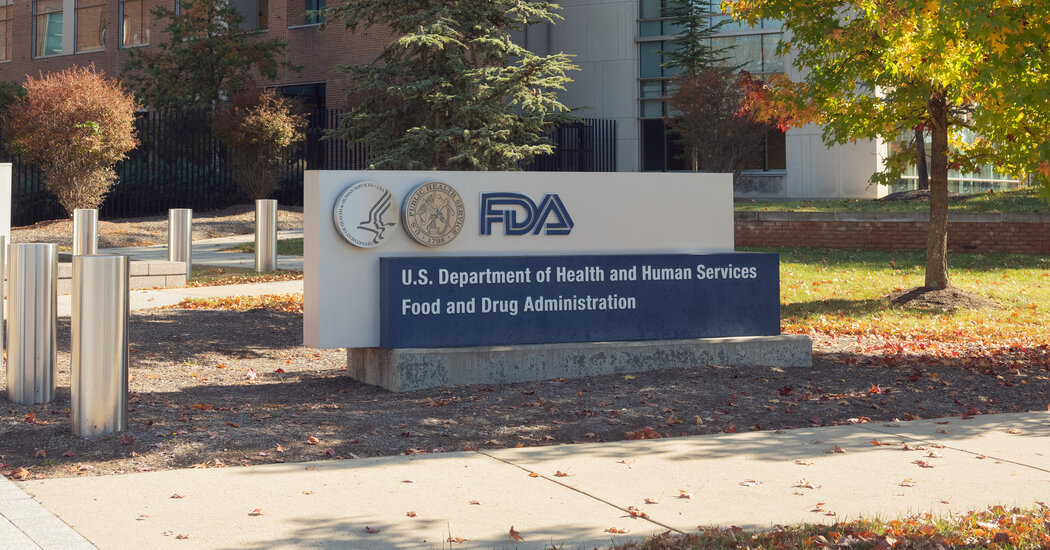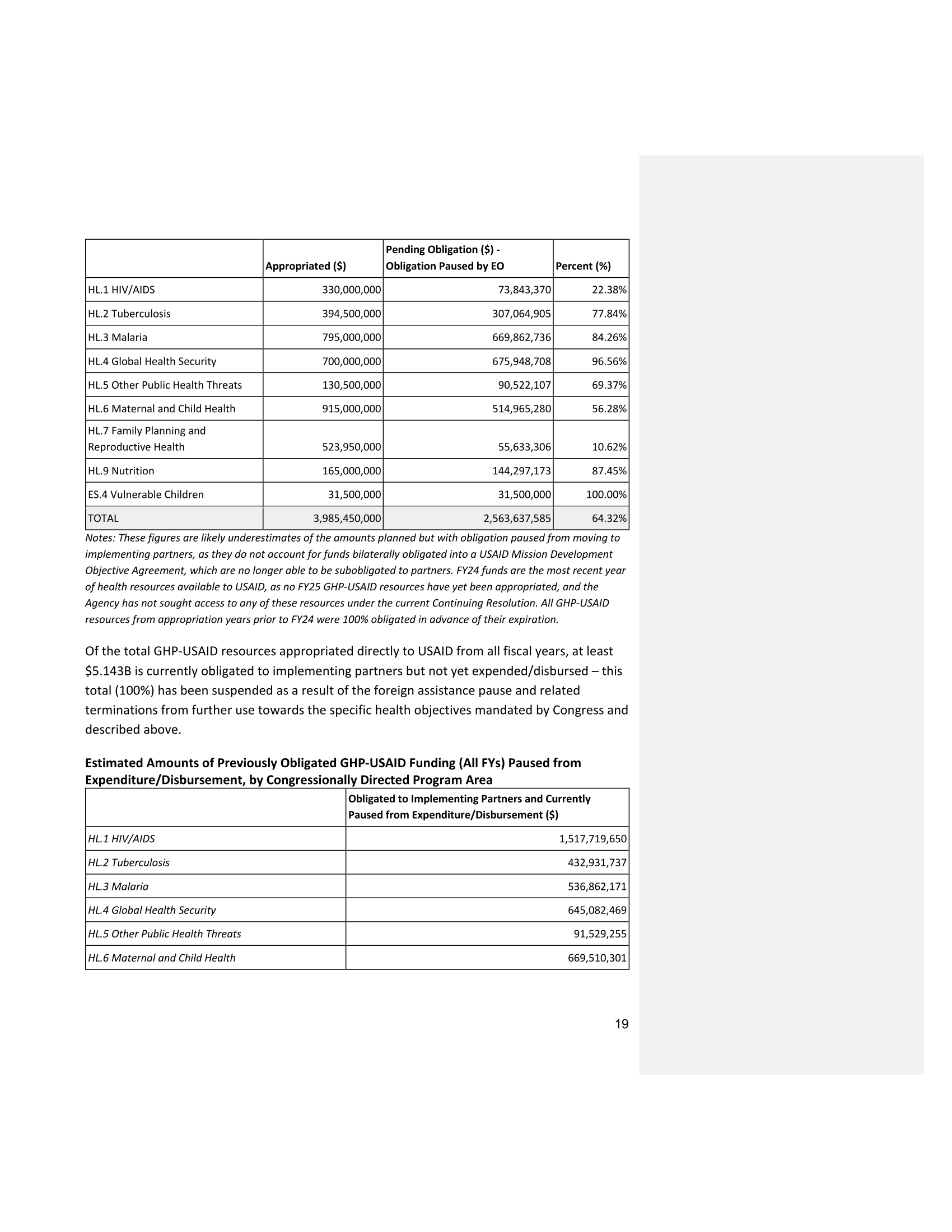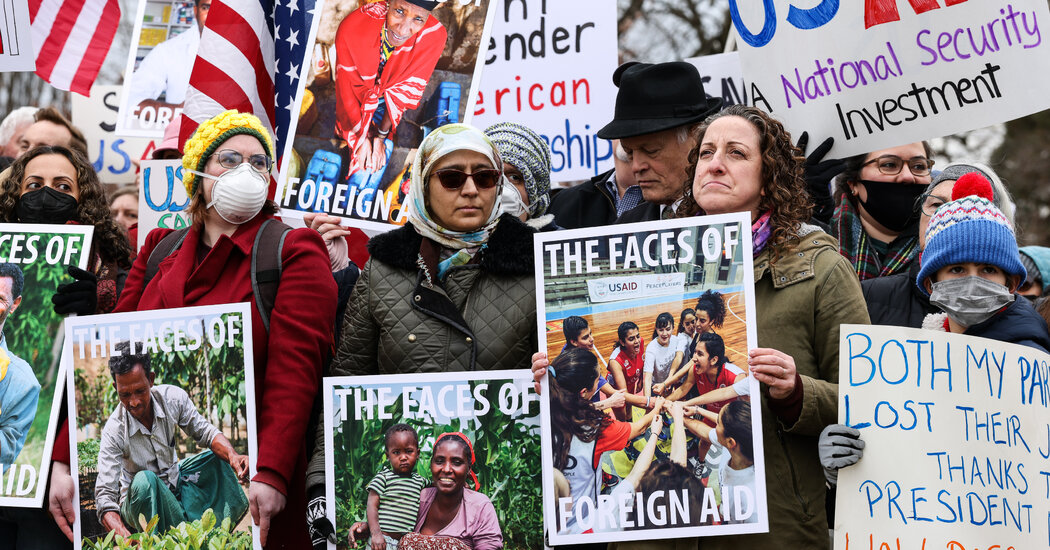He Fought Claims of Harm From Infant Formula. Now He Regulates It.
Kyle Diamantas, a former corporate lawyer, is the new director for the F.D.A. food division, which oversees infant formula. He defended a top maker in cases claiming the company had not warned of potential risks to very low-weight babies.The new head of the Food and Drug Administration division that regulates infant formula was in recent months a corporate lawyer defending a top formula maker from claims that its product gave rise to debilitating harm to premature babies.Kyle A. Diamantas joined the F.D.A. last month to lead the food division, leaving the law firm Jones Day, which has served as a pipeline of talent to both Trump administrations.As a partner in Jones Day’s Miami office, Mr. Diamantas’s recent work included defending Abbott Laboratories in lawsuits accusing the company of failing to adequately warn parents that its specialized formula for premature infants was associated with an elevated risk of a deadly bowel condition.Abbott lost the case and was ordered to pay $495 million. Abbott is appealing the verdict. Mr. Diamantas’s role in the Abbott cases has not been previously reported.The leader of the F.D.A.’s food division has a wide-ranging role in ensuring the safety of about 80 percent of the food supply in the United States. In that job, Mr. Diamantas is also expected to take a lead role in enacting Health Secretary Robert F. Kennedy Jr.’s agenda, which calls for reducing additives in food and eliminating what Mr. Kennedy has described as corruption in public health agencies.“We will shut the revolving door to re-establish public trust,” Mr. Kennedy told the Health and Human Services Department’s staff during his first week in office.We are having trouble retrieving the article content.Please enable JavaScript in your browser settings.Thank you for your patience while we verify access. If you are in Reader mode please exit and log into your Times account, or subscribe for all of The Times.Thank you for your patience while we verify access.Already a subscriber? Log in.Want all of The Times? Subscribe.
Read more →





